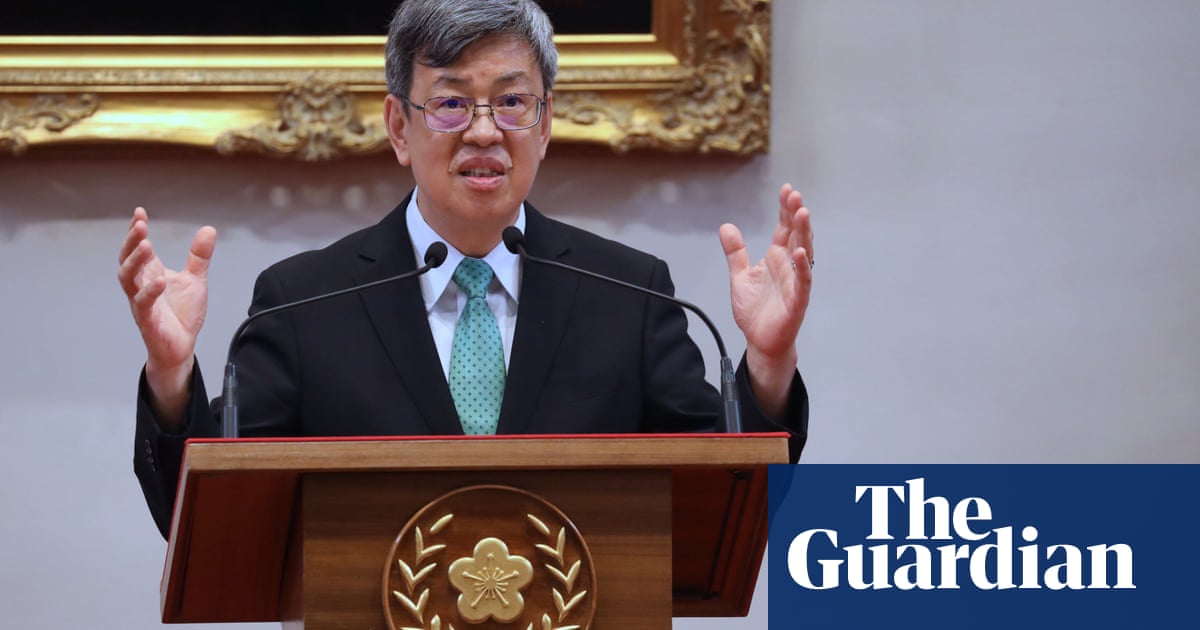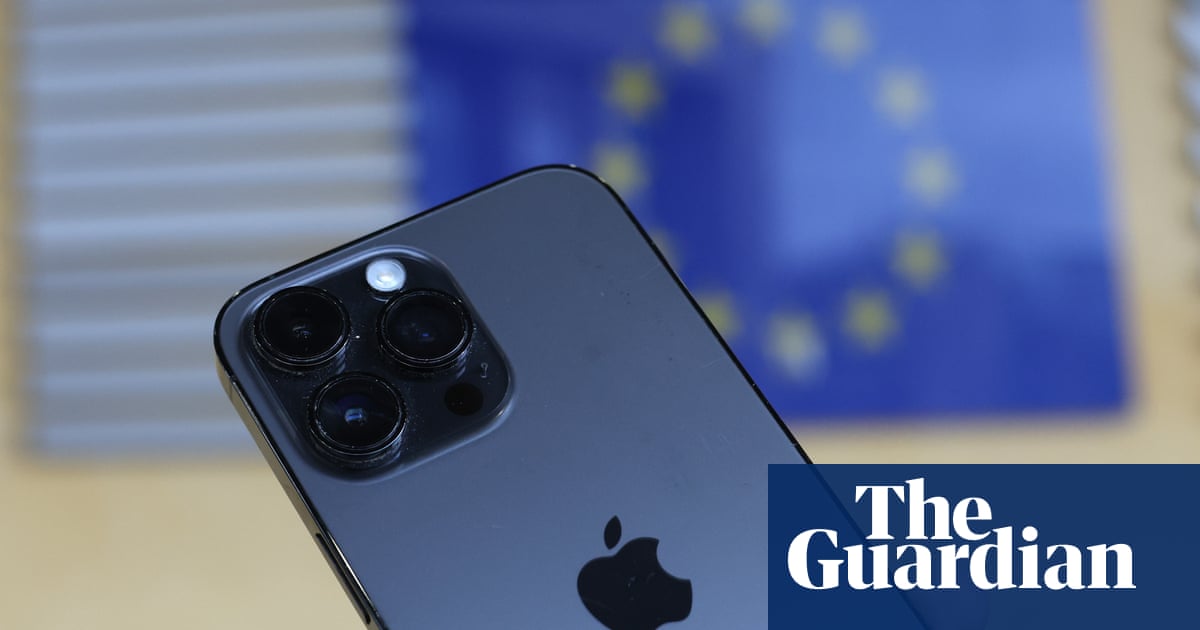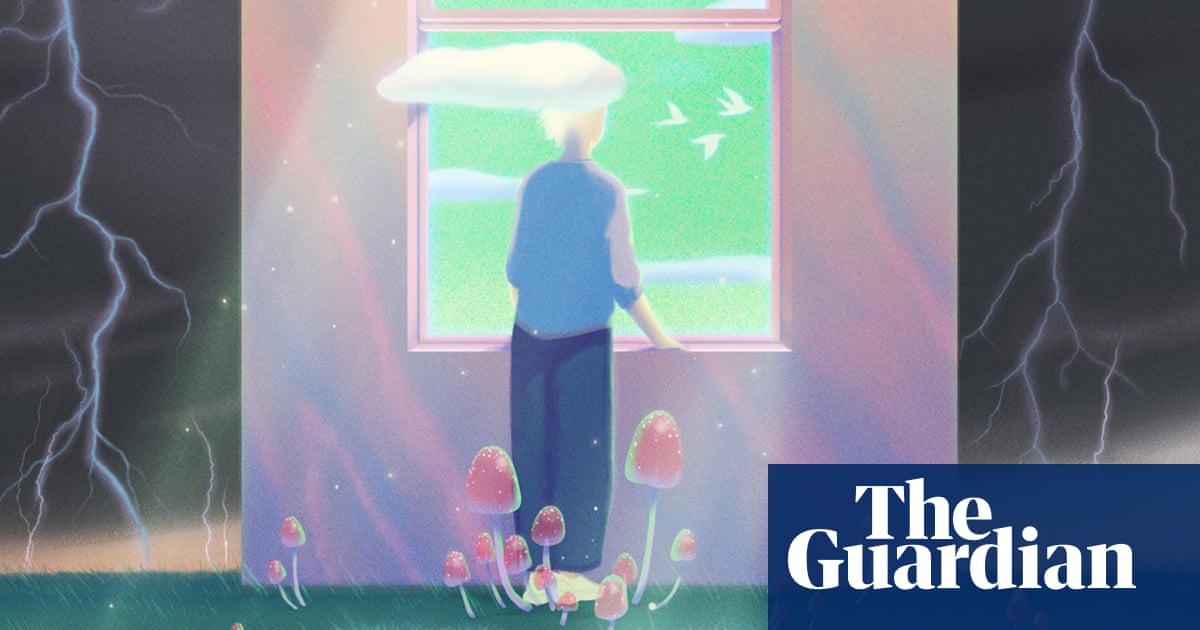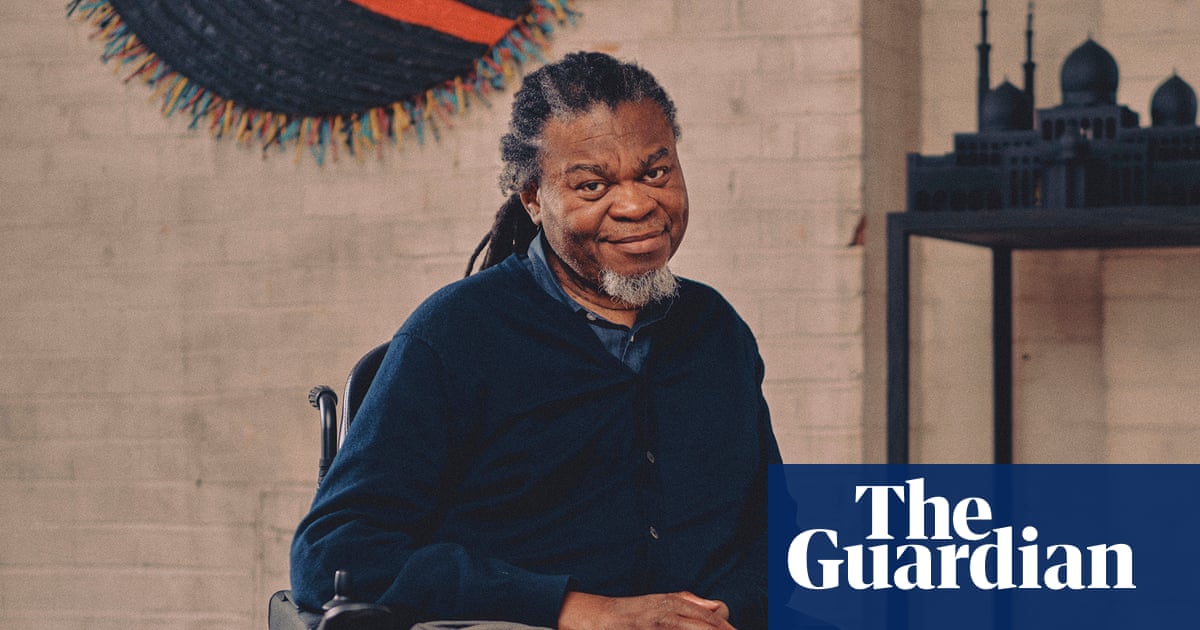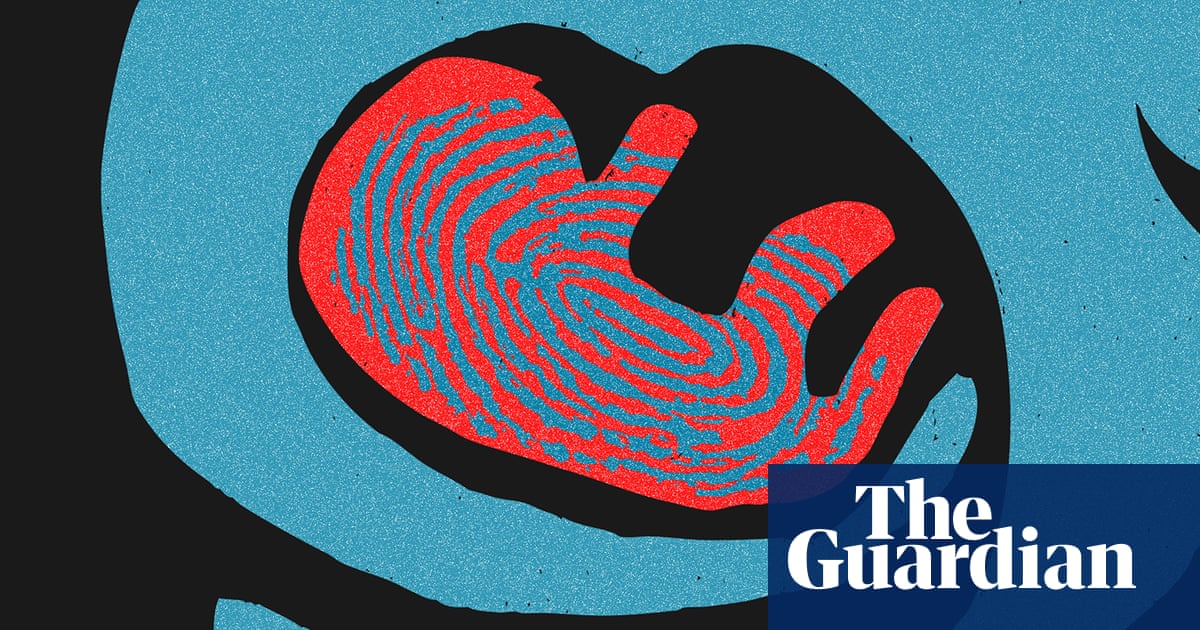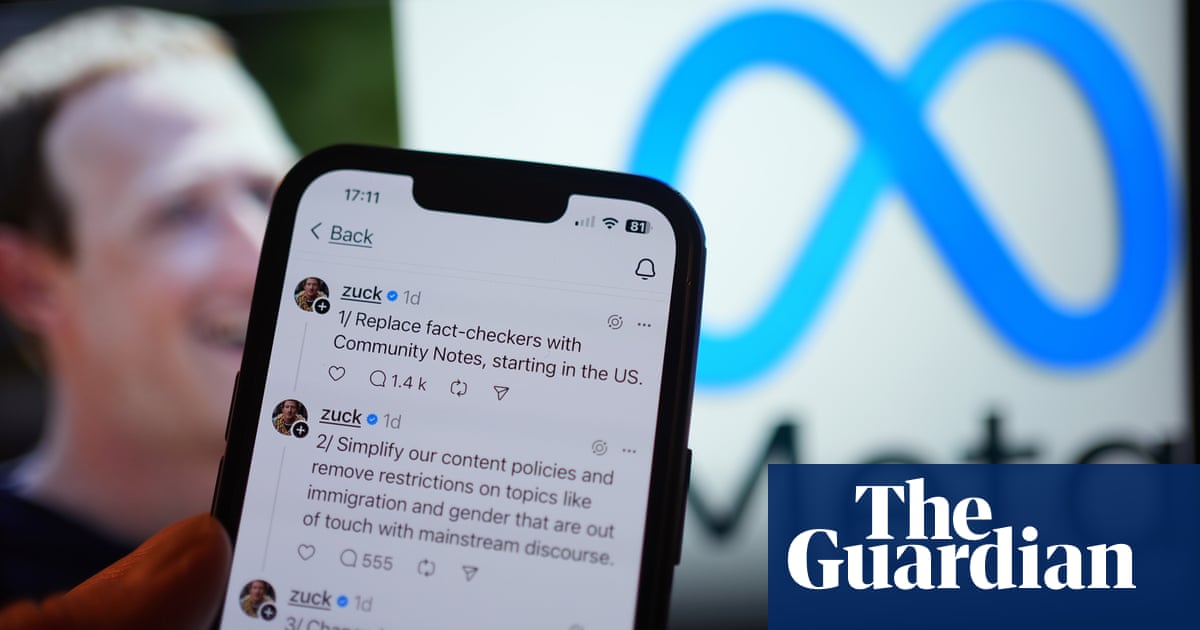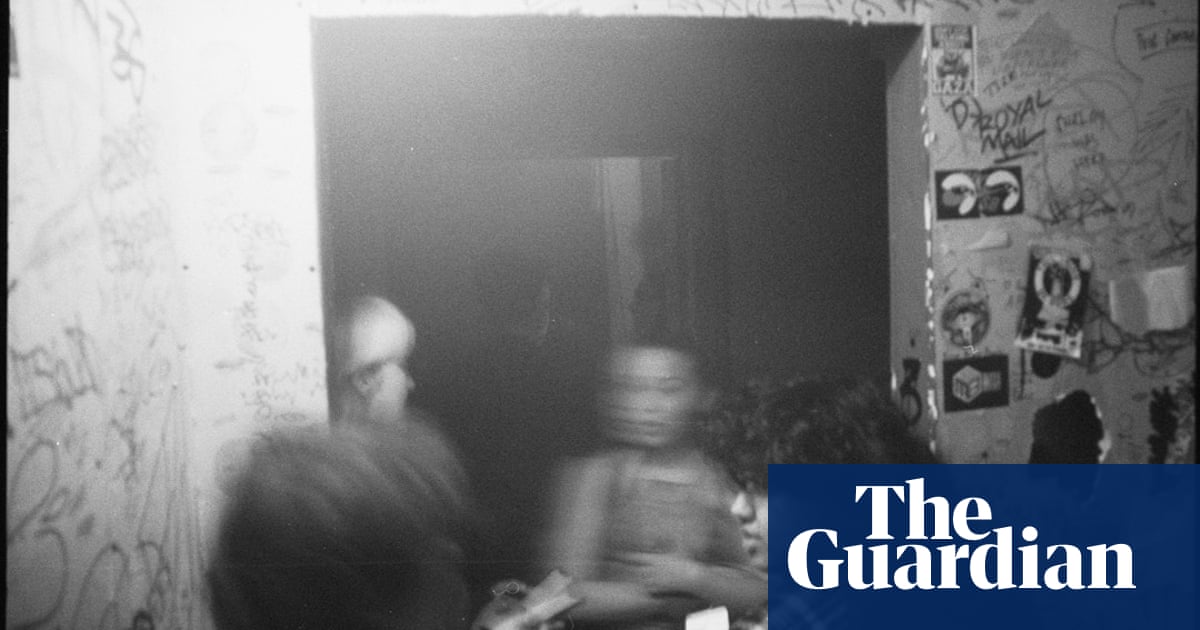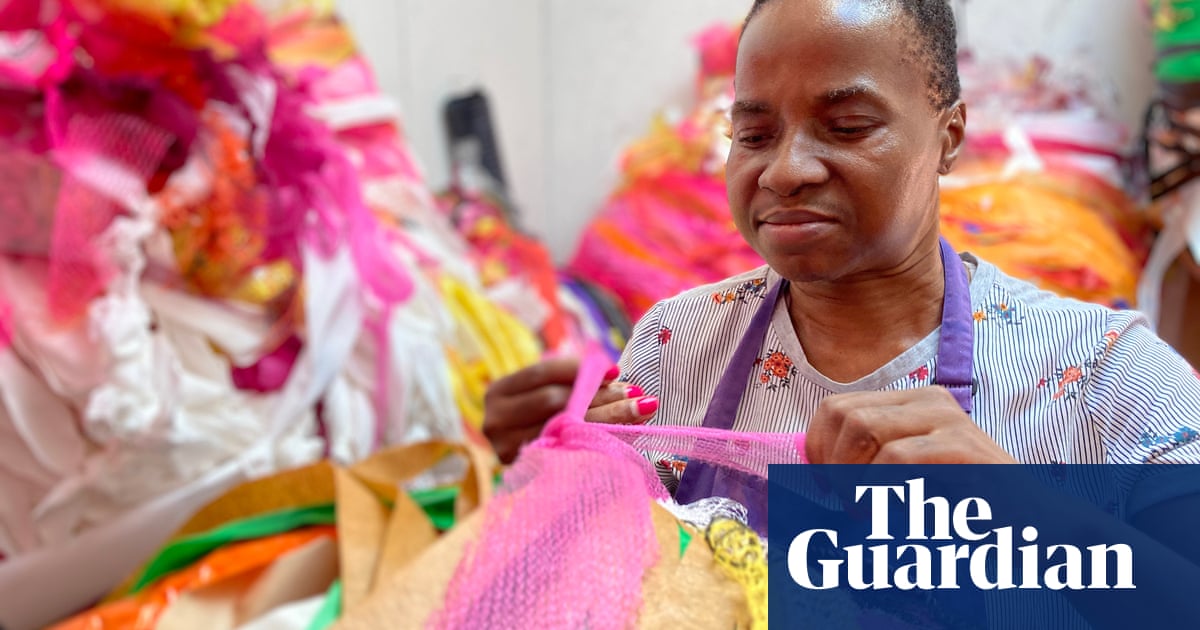Silvia Park’s debut novel is about people, robots and cyborgs: that is, humans enhanced or augmented with robotic technology. Ruijie is a schoolgirl afflicted with a degenerative disease: “affixed to her legs were battery-powered titanium braces; the latest model, customised circuitry to aid her ability to walk”. As the novel opens, Ruijie is in a robot junkyard, scavenging for spare parts and better legs. Here she meets a robot boy, Yoyo, discarded despite being a highly sophisticated model. Ruijie takes the quirky Yoyo to school with her, and a group of friends assemble to protect him from scavengers and exploitation in the robot-fighting ring.
This element of the novel reads like a YA adventure, though the rest is more adult-focused: cyberpunk, violent and sexualised. In an author’s note, Park says that they began writing Luminous as children’s fiction, until a bereavement took the work in a different direction, making the novel “a shape-shifter, no longer so appropriate for children”. There’s an awkwardness to this mix of tone, although we could say it reproduces, on the level of form, the book’s central topic of hybridisation, cyborgification, different elements worked together, as the novel’s setting – a future unified Korea – does on the level of geography.
Yoyo has two younger human siblings – but he is forever 12 years old, and they are now adults. One is Detective Cho Jun, of Robot Crime, who is investigating a missing persons case: the person in this case being a robot. Jun is a cyborg, more machine than man; blown up by an IED during the unification war, he “damaged 78 percent of his body beyond recovery. They repaired him by attaching not the bionic to his body but his body to the bionic.” He will be paying off the cost of the surgery for a long time: “it’s going to take another 30 years before I can afford to upgrade my cock.”
Jun’s sister Morgan is a designer, working for the corporation Imagine Friends. She lives with Stephen, her robot lover, whom she built from scratch, modelling him on a film star heartthrob. Though constructed specifically to meet her needs, Stephen is a distinct and original individual, in some ways the most interesting character in the novel.
The future Korea of Luminous is busily and vividly rendered. Robot-sex addiction is rife. Kids have grown dependent on their robot nannies: “botwired, these children were called. Children who supposedly couldn’t go anywhere without a robot. Undersocialised, entitled, prone to tantrums and anger issues.” This speaks, obviously enough, to present-day anxieties, but Park is doing more than satirising our current tech dependencies. Luminous is profoundly interested in what it means to be a person, in where authenticity is located – through love, grief and connection.
There are similarities with Kazuo Ishiguro’s Klara and the Sun, although Luminous is busier, more capacious, more streetwise. The book is also in dialogue with Brian Aldiss’s Supertoys Last All Summer Long, the story behind Steven Spielberg’s AI. Yoyo explains his existence to Ruijie: “My father’s older brother died in a fire. He was 12 years old. I was made in his image. When I woke up, I saw my father weep. I learned people can cry from sadness, they can cry from joy, and sometimes they don’t even know the reason why. I wept with my father, but he pulled away and the feeling went away. My tears repelled him. Because it was a different kind of sadness. A movie sadness.”
For all its exuberance, Luminous betrays some roughness. It is too long, the work of a writer in love with their imagined world and pouring in detail. The pacing is uneven, the plotting a little messy. Stylistically it is vibrant, sometimes funny and memorable, although the prose can stray into oddness: “his body shuddered with a molecular resistance”; “heat stuffed up his nose squeezing his eyes”. But the larger sweep of this energetic and imaginative debut carries the reader through: it’s a novel of huge humanity not despite but because Park is so attuned to the encroachments of technology and artificiality upon the human condition. This is the arrival of a major new voice in SF.
after newsletter promotion

 5 hours ago
6
5 hours ago
6
